Late summer in the garden can be both a rewarding and challenging time. Armloads of fresh dahlias and zinnias and baskets full of green beans and sweet corn—all these are fitting rewards for the work of planting and tending throughout spring and early summer. However, summer heat and increased insect and disease activity can cut the season short if left unchecked. If this late summer amounts to anything like last year’s never-ending sun, we have months of good weather left to enjoy, so here are a few tips to keep your plants performing well until autumn arrives.
First, if you’ve kept your planters and hanging baskets well-watered and fertilized until now, good job—growing beautiful pots isn’t necessarily hard work, but it requires faithful care, and summer schedules can be a bit irregular, to say the least! By mid-summer, though, even the lushest planters can sometimes start to get leggy and look weary.
To rejuvenate verbena, petunias, and calibrachoa, don’t be afraid to get out a hand pruner and give your plants a haircut. More than just deadheading, the purpose of this pruning is to cut back long or overgrown branches to create a tidier and more attractive shape. Follow up pruning with weekly feedings of Jack’s Classic fertilizers–alternating each week between All Purpose and Blossom Booster blends–and your plants will bounce back with renewed vigor and fresh color in just a couple of weeks.
Second, take the time to deadhead your flowering plants like dahlias, zinnias, and roses. By regularly cleaning up old flowers, you’ll encourage your plants to continue to produce new blooms well into autumn. In addition to encouraging fresh blooms, deadheading your plants will prevent botrytis, a common gray mold that shows up after rain or late-season morning dew. Left unchecked, botrytis can quickly spread from older flowers to fresh buds, spoiling a whole crop of blooms seemingly overnight. While we can’t control the weather, we can keep plants clean, so be sure to remove spent blooms or any damaged parts of plants to prevent botrytis and other common disease issues.
Third, bugs can present a major challenge to keeping your garden plants looking their best as we get into late summer. Watch flower buds and the growing tips of foliage closely for aphids, which can multiply quickly and literally suck the energy out of your plants. Spray aphids with Captain Jack’s Neem Oil or Bonide Rose Shield, both of which are also effective at combating powdery mildew, another common plant disease this time of year. Aside from aphids, continue to monitor for budworms on geraniums and petunias, spraying every few weeks until early September with Captain Jack’s Deadbug Brew to keep them from devouring your flowers.
For lawn grubs and other bugs that can damage turf, late summer is the perfect time to apply granular Bonide Eight insecticide to keep cranefly larvae and other grub populations in check through fall and winter. With adult craneflies emerging in mid-August to early September and laying their eggs shortly thereafter, applying insecticide to your lawn this month will prevent the next generation of cranefly larvae from damaging your lawn over winter; additionally, without grubs to eat, moles will usually leave your lawn in search of better eating elsewhere.
Finally, it’s never too early to prepare for next year, and if some of your traditional mophead or lacecap hydrangeas are getting overgrown, right now is the time to prune. Pruning before fall arrives will give your plants the opportunity to set next year’s flower buds, so do yourself a favor and cut your plants back now to ensure blooms next year.
With the return of school schedules and cooler weather just over the horizon, autumn will be here before we know it. In the meantime, let’s enjoy the color and beauty late summer has to offer by keeping our plants healthy and growing strong while summer lasts.


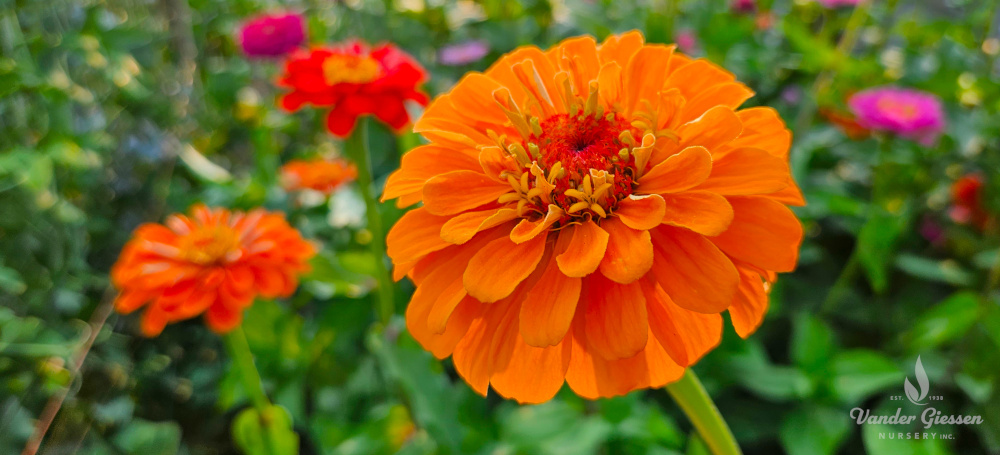
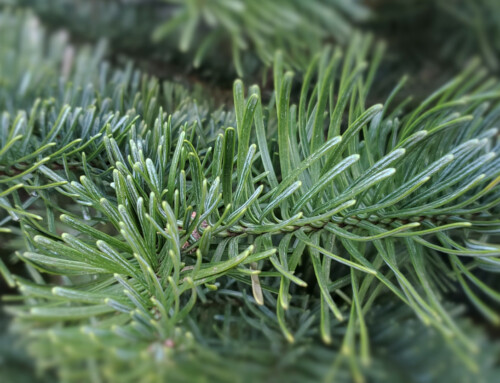
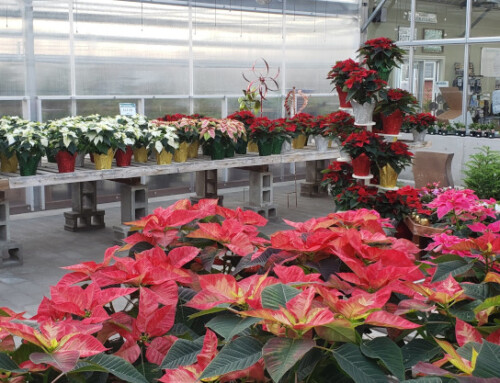
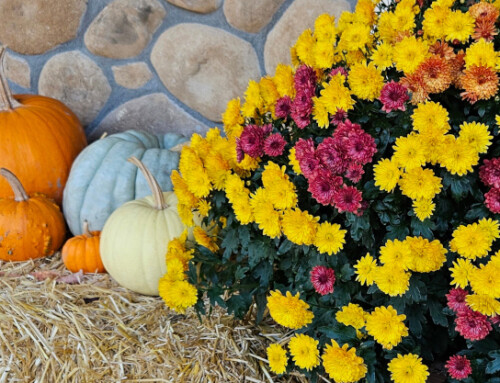
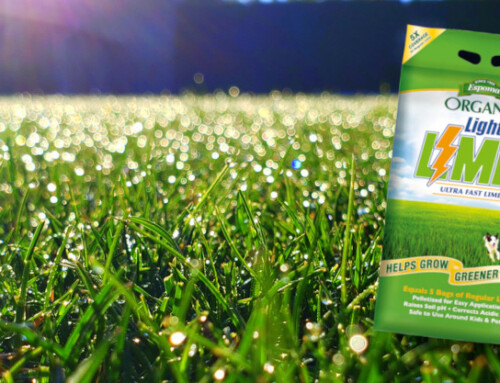
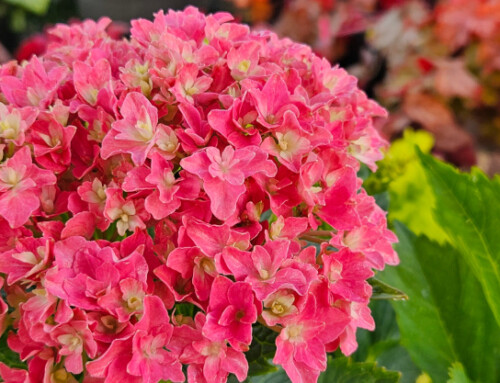
Wow, I absolutely loved this article on garden maintenance tips and tricks! As a newbie gardener, I found the advice on pruning and watering schedules super helpful. Do you have any recommendations for dealing with garden pests? I’d love to hear your insights on that.
Thank you, Stuart! We have written several blog posts on various insect issues and how to deal with them, so we would recommend you use the search function on our site to look for content that would be relevant to your needs. Thank you!